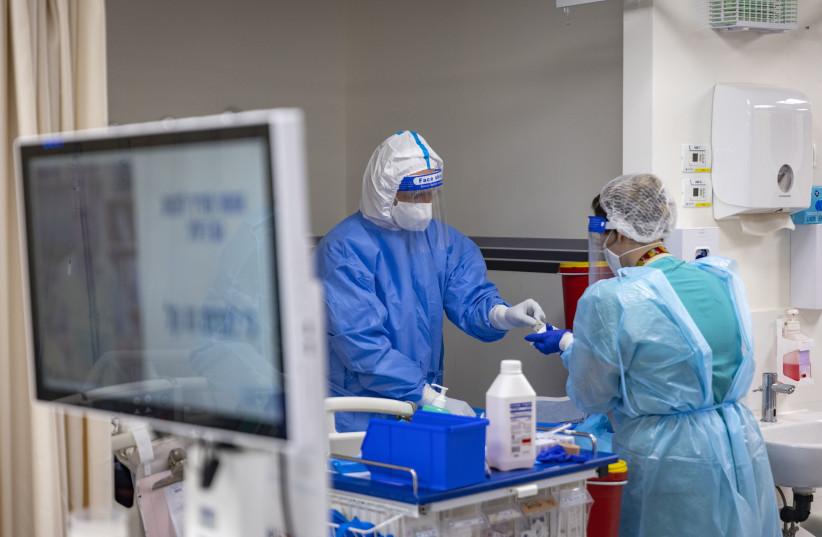A large study in the UK found how the time you waited to receive emergency care affects your chances of mortality, and found very disturbing results.
Going to the emergency room is always a stressful and unpleasant event, and waiting to be tested and treated is often a big part of the ordeal. This wait might also have fatal consequences, according to a new and comprehensive study conducted in the UK which shows the tragic consequences of waiting over a certain period of time in the ER.
The study was conducted between 2016-2018, before COVID-19, and followed 27,000,000 people who came to various large emergency rooms in England. The average waiting time to receive treatment was a little less than five hours, researchers found. This is despite the fact that the operational standard adopted by the National Health Service was no more than four hours of waiting.
Researchers calculated that 434,000 of the emergency room visitors during the years of the study died within the month following the visit to the ER. However, their likelihood of dying increased significantly if the time they waited in the emergency room exceeded five hours.
If a patient waited more than eight hours, the study concluded that the chance of dying during the next month increased by 10%. Dr. Derek Prentice of the Royal College of Emergency Medicine stated in an article he published about the study that if someone had a doubt before, the goal of treatment within four hours or less was shown to be of paramount importance for maintaining patient safety.

Can’t handle patient load
Similar standards regarding maximum waiting times for care in ERs have been set in other countries around the world, such as the US and Australia, but their emergency rooms don’t always meet this standard. The additional burden on the health system due to dealing with the coronavirus crisis that began at the end of 2019 has further exacerbated the situation, researchers estimate.
Although this is an observational study, its significance is that it found the link between prolonged waiting in the ER and an increased risk of patient mortality without identifying exact reasons for it. According to researchers, however, there are plausible reasons that a delay in receiving emergency treatment can lead to severe and sometimes fatal consequences.
When there aren’t enough beds available in the ER, urgent treatments such as painkillers, antibiotics or emergency surgeries are significantly delayed. Prolonged waiting may mean that when a patient is finally evaluated for treatment, it is at night when the hospital works at a reduced capacity and without a full tier of specialists and senior doctors. All of these risks are intensified when the hospital is dealing with a global pandemic, affecting both the congestion in wards and emergency rooms, and taking into account the strain faced by doctors and nurses handling hundreds more patients per shift than usual.
